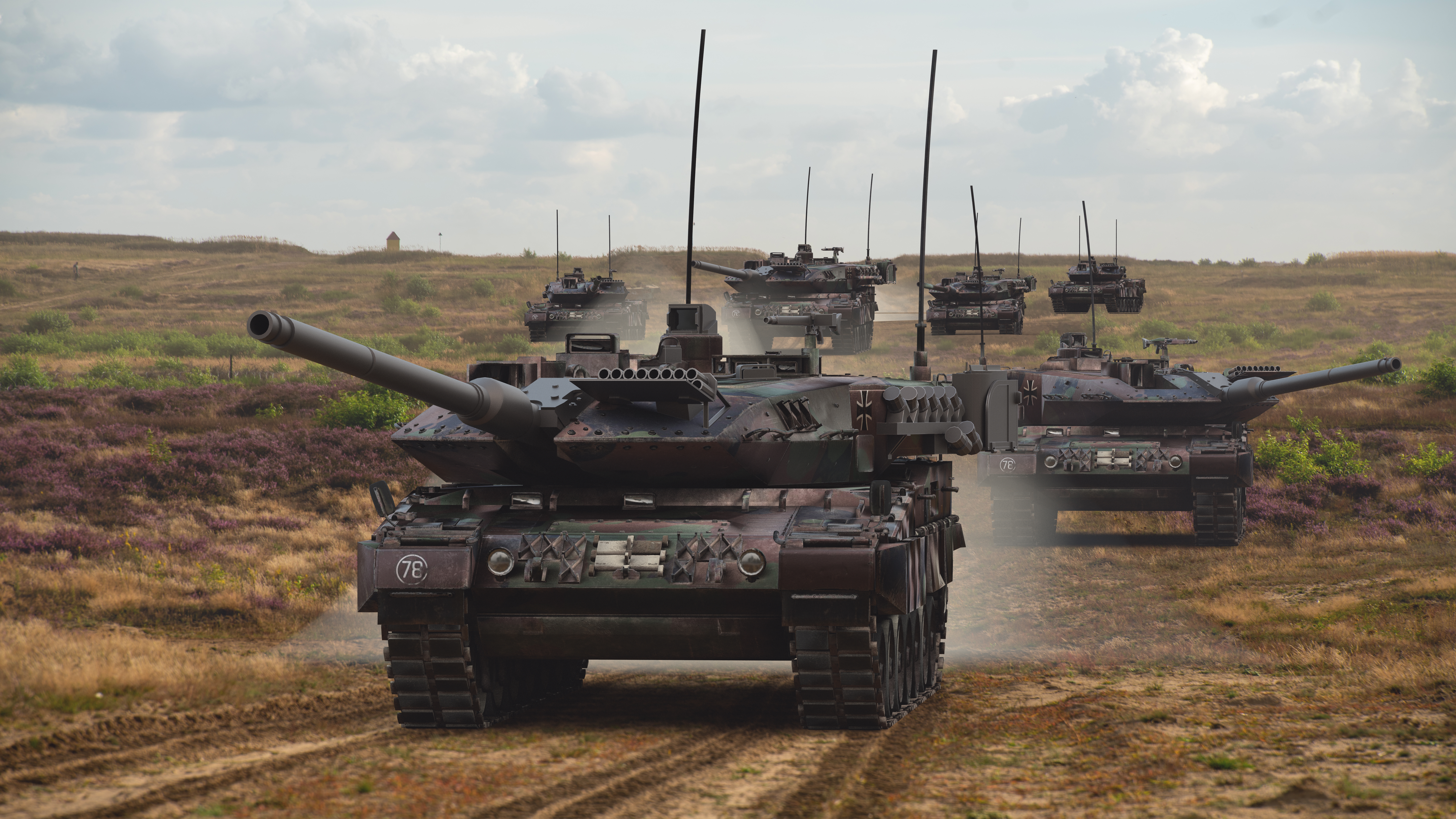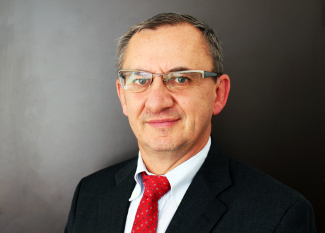Modernization of the Bundeswehr: Back to basics?
Against the backdrop of the war in Ukraine, the Bundeswehr has been led to refocus on territorial defense and collective security, which constituted the core of its activity for decades. This evolution break with the long period of efforts during which the Bundeswehr painfully tried to transform itself into an intervention army.

With the creation of a unique special fund of 100 billion euros, the Bundeswehr benefits from an unprecedented opportunity, both to equip itself with modern and interoperable forces and to restore its credibility towards its allies, primarily the United States. In the current economic context, the sustainability of this transformation remains open, considering the volatility of public opinion and risks of political arbitration favoring the stabilization of public finances. The German government’s objective, to make the Bundeswehr the first conventional army in Europe will lead to a shift of balance on the continent, even if this happens in a multinational framework and on a cooperative basis. It is important to measure the implications of this shift for the European security, the transatlantic relationship, and Germany’s partnerships with European states, including France.
Éric André Martin is Secretary General of the Study Committee on Franco-German Relations (Cerfa).
This publication is available in French: "La modernisation de la Bundeswehr : un retour aux fondamentaux ?" (pdf)
Related centers and programs
Discover our other research centers and programsFind out more
Discover all our analysesBundeswehr: From Zeitenwende (historic turning point) to Epochenbruch (epochal shift)
The Zeitenwende (historic turning point) announced by Olaf Scholz on February 27, 2022, is shifting into high gear. Financially supported by the March 2025 reform of Germany’s “debt break” and backed by a broad political and societal consensus to strengthen and modernize the Bundeswehr, Germany's military capabilities are set to rapidly increase over the coming years. Expected to assume a central role in the defense of the European continent in the context of changing transatlantic relations, Berlin’s military-political position on the continent is being radically transformed.
Merz’ European Policy-making: The End of the ‘German Vote’?
Friedrich Merz’s European ambition is to turn Germany, long seen as hesitant into a leading actor within the European Union (EU). To that end, he has pledged to end the “German vote,” a phenomenon that epitomizes the paradox of a country both indispensable and frequently absent from European decision-making.

Securing critical raw material (CRM) value chains – a prerequisite for Europe’s technological resilience
At the heart of economic security, technological resilience is a backbone of the European Union’s (EU) competitiveness. The EU’s energy and digital transitions depend on critical raw materials (CRM).

Reconciling competitiveness and demographic change: a Franco-German imperative
France and Germany are facing parallel demographic shifts that could reshape the future of their economies and their social models. These shifts reflect broader European patterns but are magnified by the central role both nations play in EU governance and competitiveness.











